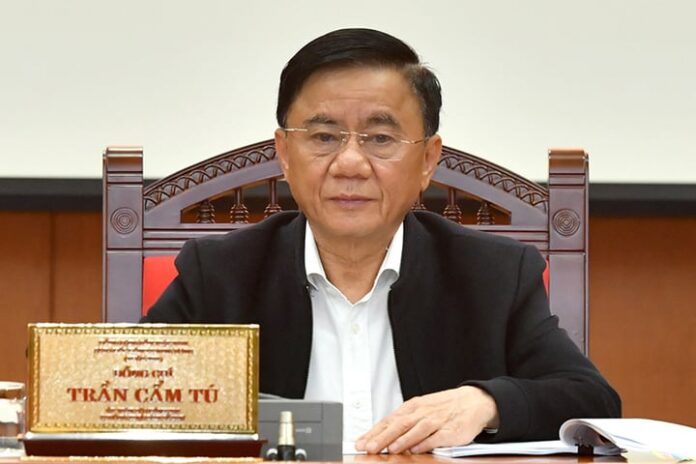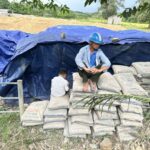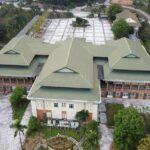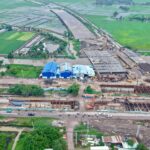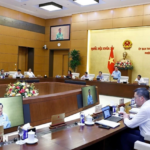The Standing Committee of the Secretariat has just issued Regulation No. 287 of the Politburo on the retrieval of assets from corruption, wastefulness, and negativity discovered through the inspection and supervision work of the Party.
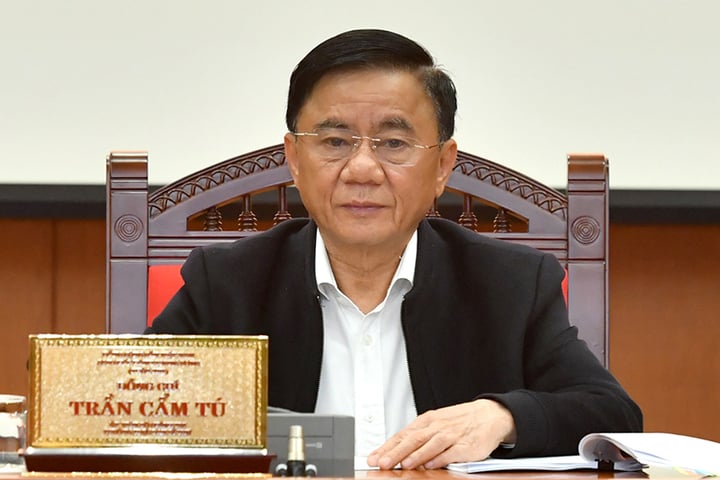
Standing Secretary of the Secretariat Tran Cam Tu.
The regulation comprises 3 chapters and 12 articles, providing principles, procedures, and processes for retrieving assets from corruption, wastefulness, and negativity discovered through the Party’s inspection and supervision work. It also outlines the responsibilities and authorities of organizations and individuals in retrieving such assets.
According to the regulation, “assets from corruption and negativity” refer to money and assets obtained through or originating from corruption, wastefulness, or negativity, as concluded by Party committees or inspection commissions, requiring reimbursement to the state budget or voluntarily returned by organizations or individuals.
“Wasteful assets” are defined as state budget funds, state capital, state assets, and natural resources or minerals assigned to organizations or individuals for management and use, exceeding norms, standards, or regimes issued by competent state agencies or used inefficiently or ineffectively.
The Politburo’s new regulation clearly states the bases for retrieving assets from corruption, wastefulness, and negativity. The first basis is the conclusions of inspections, supervision, and resolution of denunciations by Party committees or inspection commissions. This includes notifications of inspection conclusions when there are signs of violations, financial party inspections, supervision conclusion notifications, and conclusion notifications of resolving denunciations against Party organizations or members.
The second basis is the conclusions of asset and income inspections by competent authorities. The third basis is the decision to retrieve assets from corruption, wastefulness, or negativity, if any. The fourth basis is the voluntary reporting and proactive reimbursement of assets obtained through corruption, wastefulness, or negativity by Party organizations, members, and related organizations or individuals. This includes reporting and returning assets before being detected and concluded by competent authorities and proactively reimbursing for losses caused by violations.
Regarding the procedures, processes, and responsibilities of Party organizations and members in retrieving assets from corruption, wastefulness, and negativity, the regulation states that violating Party organizations and members shall work with inspection teams or inspection commissions to provide complete information, dossiers, and documents related to the assets of family members and individuals directly related to the assets from corruption, wastefulness, and negativity.
They shall also comply with the requirements of Party committees or inspection commissions (or their standing committees) in retrieving such assets. Money retrieved from corruption, wastefulness, and negativity shall be deposited into a deposit-like account at the State Treasury of the Central Inspection Commission or inspection commissions of provincial, municipal, or party committees directly under the Central Committee. Other assets shall be inventoried and handed over to competent authorities as prescribed.
Additionally, violating Party organizations and members shall report and declare their assets from corruption, wastefulness, and negativity and submit relevant dossiers, deposit slips, and asset handover minutes to the inspection commissions at the same level.
According to this regulation, the Central Inspection Commission shall direct inspection commissions at all levels to regularly inspect and supervise its implementation. It shall also discipline or propose disciplinary measures to collectives and individuals who violate the regulation and periodically summarize and report the implementation results to Party committees and inspection commissions at higher levels.
“The Mystery of the Petrified Cement in Ha Tinh: A Local Scandal”
The authorities in Ha Tinh province have taken swift action to address the issue of cement wastage, amounting to hundreds of tons. The People’s Committee of the province has ordered an immediate investigation to ascertain the cause and hold accountable any individuals or entities involved. In addition, the Chairman of the People’s Committee of Loc Yen commune, Huong Khe district, has been temporarily suspended from work for a period of 15 days as a precautionary measure.
Unveiling the Mystery of ‘Unusual Rice’ in Hau Giang
In the Vietnamese province of Hau Giang, specifically in Phung Hiep District, locals purchased a particular bag of rice named “A Red Brocade” with a bee logo. After soaking the rice for approximately 30 minutes, they noticed that many of the grains had softened and become slightly sticky, resembling cooked rice. This unusual occurrence has prompted authorities to confiscate samples of the rice for further testing and investigation.
The Reasons Why Over 40 Households in Dong Nai Province Returned Their Social Housing
The authorities in Dong Nai province uncovered a slew of violations during their inspection of social housing apartments in Bien Hoa city. Over 40 households have since requested to return their keys and terminate their contracts, citing a range of issues and concerns.


























